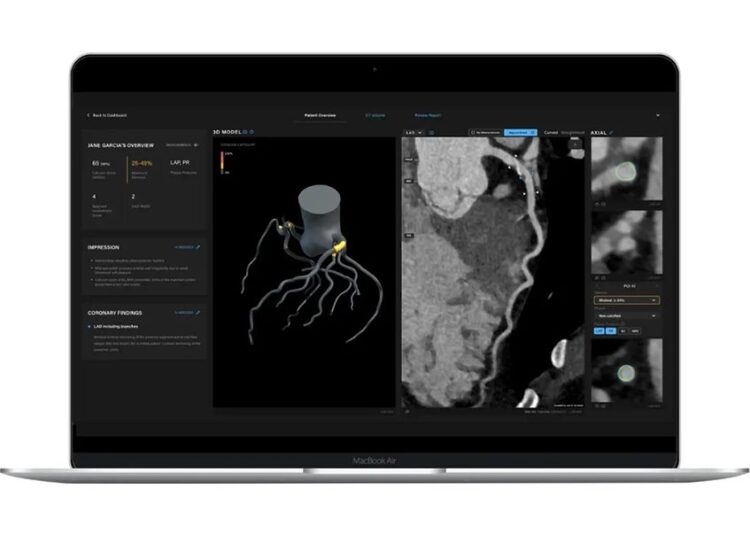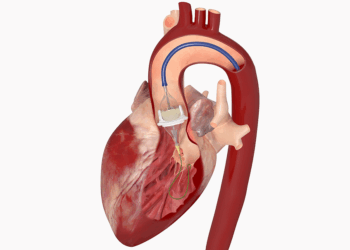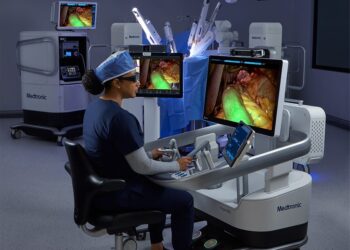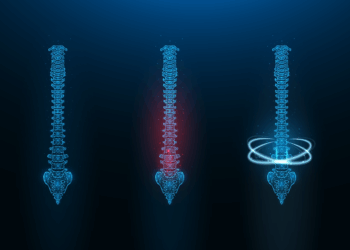# The AI Cardiologist’s Assistant: FDA Clears Artrya’s Advanced Plaque Analysis
The field of medical diagnostics is in the midst of a profound transformation, driven by the practical application of artificial intelligence. While the promise of AI has been a topic of discussion for years, we are now witnessing a steady stream of regulatory approvals that move these technologies from the research lab into the clinical workflow. The latest milestone comes from Artrya Ltd., whose Salix Coronary Plaque (SCP) module just received U.S. FDA 510(k) clearance.
This isn’t just another algorithm; it’s a powerful demonstration of how a well-designed, modular AI platform can augment physician expertise in one of the most critical areas of healthcare: cardiology.
### The Technical Challenge: Seeing the Invisible Threat
Cardiovascular disease remains a leading cause of death globally, and a primary culprit is the buildup of plaque in the coronary arteries—a condition known as atherosclerosis. A heart attack often occurs when this plaque ruptures. The challenge for clinicians is that not all plaque is created equal. The most dangerous, “vulnerable” plaques are often low-density and non-calcified, making them difficult to quantify accurately and consistently on a standard Coronary Computed Tomography Angiography (CCTA) scan.
Analyzing a CCTA scan is a complex, time-consuming task. It requires a highly trained specialist to meticulously trace the coronary arteries through hundreds of 2D image slices, identify vessel walls, and attempt to characterize the plaque within. This process is not only laborious but also prone to inter-observer variability. Two different experts might arrive at slightly different conclusions, which can have significant implications for a patient’s risk stratification and treatment plan.
This is precisely the kind of problem—complex pattern recognition in vast datasets—where modern AI, particularly deep learning and computer vision, excels.
### A Platform Approach: The “Bolt-On” Stroke of Genius
What makes Artrya’s clearance particularly noteworthy from a technology perspective is its architecture. The Salix Coronary Plaque (SCP) module is described as a “bolt-on” to the company’s existing Salix Coronary Anatomy (SCA) platform. This modular approach is a hallmark of sophisticated and scalable software engineering.
1. **Foundation First:** The base SCA platform already handles the foundational task of segmenting the CCTA data to create a detailed 3D model of the patient’s coronary arteries. This is a non-trivial computer vision task in itself, requiring models trained to identify the intricate, branching structures of the heart’s vasculature.
2. **Specialized Modules:** The new SCP module then “bolts on” to this anatomical foundation. It deploys a separate, highly specialized set of algorithms designed for one specific purpose: to analyze the vessel walls defined by the base platform and precisely identify, characterize, and quantify plaque. This includes distinguishing between calcified and non-calcified plaque and, most importantly, identifying the low-density non-calcified plaque that is a key indicator of high-risk disease.
This platform strategy is incredibly powerful. It allows for:
* **Extensibility:** Artrya can develop and validate future modules—perhaps for analyzing blood flow (FFR-CT) or predicting future plaque progression—without rebuilding the entire system from scratch.
* **Targeted Validation:** Each module can be rigorously tested and submitted for regulatory clearance on its own merits, streamlining the development-to-deployment pipeline.
* **Workflow Integration:** For a hospital or clinic, adopting the Salix platform means they can add new diagnostic capabilities over time without disrupting their existing imaging workflow.
### Why FDA Clearance is the Real Benchmark
In the world of AI, a working algorithm is one thing; a clinically validated and FDA-cleared tool is another entirely. The 510(k) clearance signifies that the Salix SCP module has demonstrated that it is substantially equivalent to a legally marketed predicate device in terms of safety and effectiveness.
For an AI system, this means the model’s performance is not just accurate but also robust and reliable. It has been rigorously tested against established ground truths, proving it can deliver consistent, reproducible results that clinicians can trust to support their decision-making. This stamp of approval is critical for overcoming one of the biggest hurdles to AI adoption in medicine: clinical trust.
### Conclusion: Augmenting Expertise, Not Replacing It
The clearance of Artrya’s Salix plaque module is more than just a win for one company. It’s a significant marker of progress for the entire field of AI in medicine. It provides a tool that can analyze CCTA scans in minutes, not hours, and deliver objective, quantitative data on plaque burden. This frees up cardiologists and radiologists to focus on the higher-level tasks of interpreting these findings in the context of the whole patient and formulating the best possible treatment strategy.
This is the true promise of medical AI realized: not to replace the expert, but to equip them with faster, more powerful, and more precise tools to fight our most challenging diseases.
This post is based on the original article at https://www.bioworld.com/articles/723205-fda-clears-artryas-salix-ai-coronary-plaque-module.





















